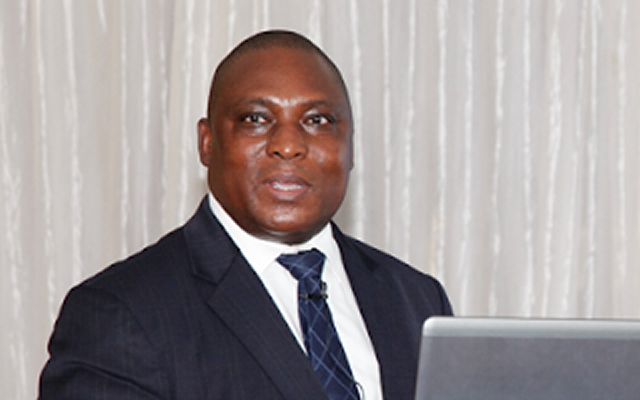FBC profit after tax up 21 percent

FBC group chief executive, John Mushayavanhu, says the argument dominating the market on Government’s inability to pay for treasury bills (TBs) on maturity does not hold water, as past experiences have proven its ability to pay both interest and principal.
He told analysts last Wednesday that Government is not going to pay all the money from the $2,079 billion hitherto issued in TBs.
He explained that the $549 million treasury bills housed by Zamco were issued to rehabilitate companies and by the time those TBs mature and repayment is due, the companies would have recuperated and in a position to pay. They therefore will pose no strain on the financial sector.
FBC holds $7,3 million of Zamco TBs, which emanated from two companies that were in arrears but approached the bank with the proposal to have the obligation taken on board under Zamco.
Mr Mushayavanhu also said the $292 million TBs that were issued for the capitalisation of parastatals and State enterprises also don’t pose a threat to Government since those entities can make a profit and declare dividends if they turn around their operations, which would be then used to pay for the TBs without putting a strain on Government.
The FBC chief said the $457 million TBs issued by Government in budgetary support are the ones that may pose a strain on Government as it is the one that will be supposed to pay upon maturity.
FBC holds $67,8 million of those TBs, which it obtained from the market at a discount. Of the group’s total TBs holding, it made a profit of $11 million last year.
On the financials side, the group’s profit after tax for the year increased by 21 percent to $21,9 million compared to $18,1 million in the prior year, on the back of a 14 percent improvement in the group’s total income.
Total income surged to $93 million from $81,9 million, underpinned by a 22 percent increase in net interest income and a 24 percent growth in net fee and commission income.
“Net interest income grew by 22 percent to $44,8 million from $36,6 million, while contribution to the group total income increased to 48 percent from 45 percent in 2015”, said Mr Mushayavanhu.
New earned insurance premium however declined by 15 percent and its contribution to total net income declined to 20 percent from 27 percent last year due to reduced revenue from insurance premiums, as consumption of insurance products continued to decline.
The loan book declined 2 percent to $276.5 million, as the bank places emphasis on loan monitoring and prudent lending, together with the significant write-offs that the bank made. The loan book was also affected by the maturity of the $60 million facility that the bank borrowed a few years back.
The facility is maturing on 14 July and the money has been collected and is awaiting to be paid back to the foreign funders.
Mr Mushayavanhu said the repayment will not hurt the nostro balances as proper arrangements had been made to that effect.
He also announced that the bank will also get a $90 million facility that will mainly target pre and post shipment, in a move also aimed at maintaining a healthy nostro balance.
The group’s admin expenses increased from 43,9 percent to 47,5 percent due to the new transaction structure, which has seen a departure in over the counter banking.
As cash shortages intensify, the bank has experienced an increase in mobile, internet and point of sale transactions, which put a lot of pressure on its current systems.
Mr Mushayavanhu said the development calls for the need to improve systems and invest in ICT and customer education.
On the positive side, fee income increased 24 percent to $5 million because of increased transactions.
Staff costs also increased since the bank opened new branches and also embarked on staff training.
The bank’s cash also increased from $93,7 million to $184,2 million, but the figure also includes the $60 million, from the matured facility, that is awaiting to be paid back.
The group’s subsidiaries are poised to meet the 2020 capital requirements. All its subsidiaries already meet the 2020 capital requirements except for the Bank, but if it allocates about $10 million per annum, it will meet the thresholds.
The group also has an option of some of its subsidiaries’ excess capital to augment the bank’s capital requirements. — Wires











Comments